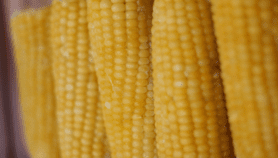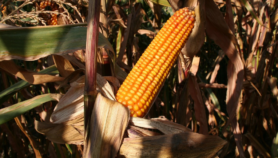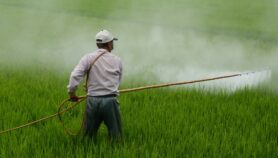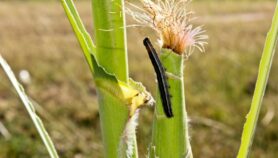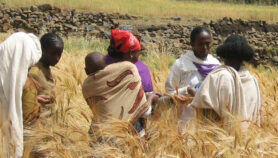18/09/20
Burnt plant waste ‘increases cowpea yield’
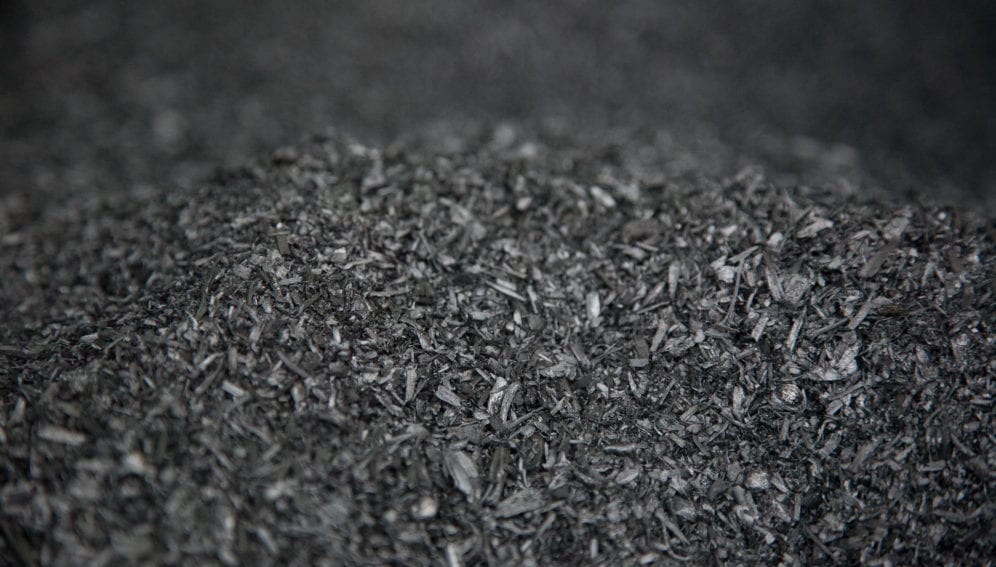
Send to a friend
The details you provide on this page will not be used to send unsolicited email, and will not be sold to a 3rd party. See privacy policy.
[NAIROBI] Applying biochar, a charcoal-like substance made by burning plant waste matter as a fertilizer for growing cowpea could boost the crop’s growth and yield, a study in Ghana has found.
Cowpeas have substantial economic and health importance in Africa, where they provide food for people and livestock, as well as new crops.
But, the full potential of cowpea crops have not been realised because of the use of poor yielding varieties, inadequate rainfall, pests, diseases and parasitic weeds, scientists say.
“Our results show that smallholder farmers can maximise the benefits of biochar application through spot application.”
Edward Yeboah, Council for Scientific and Industrial Research-Soil Research Institute
Researchers used biochar on moderately acidic sandy soil using spot and other methods of application at an experimental site in Kwadaso, Ghana. The spot method requires farmers to place biochar in a small hole and cover it with soil.
According to the study, published last month (12 August) in the Open Agriculture journal, adding biochar to soil raises crop yields by increasing the soil’s water-holding capacity, reducing acidity, increasing nutrient supply and retention, and promoting the growth of beneficial microbes.
“Our results show that smallholder farmers can maximise the benefits of biochar application through spot application,” says Edward Yeboah, the study’s lead author and deputy director of the Council for Scientific and Industrial Research-Soil Research Institute in Ghana.
The spot method led to the stems, leaves and buds of cowpeas increasing in weight by about 45 per cent compared with the control method.
Conventional mineral fertilisers remain expensive for smallholders and can cause soil degradation, the study adds. Smallholders, Yeboah explains, could avoid wastage and maximise returns on their investments as smaller quantities of biochar are required on a per-hectare basis.
But, Yeboah tells SciDev.Net that the application of biochar requires training.
“Farmers will need to be trained on the production of biochar using feedstocks available to them,” he adds. “Capacity building of relevant stakeholders, particularly the smallholder farmers and extension agents, are absolutely essential.”
Yeboa explains that the motivation for the study came from the need to meet demands for agricultural production while maintaining ecosystem services, mitigating and adapting to climate change.
“Soils provide essential functions to sustain ecosystems and societies. It has been identified as key components in achieving many UN sustainable Development Goals,” Yeboah says. “Policy direction towards integration of the biochar technology into agricultural production system and climate change is imperative.”
Chrysantus Mbi Tanga, a research scientist at the International Centre of Insect Physiology and Ecology, who has been working on biochar, concurs that it improves crop nutrients uptake, and the crop’s capacity to hold soil water.
“Similar studies done in Kenya showed that application of biochar increases maize and soybean yields,” he tells SciDev.Net, adding that the long-lasting effects are felt for more than ten years.But, according to Tanga, some of the materials used to prepare biochar may contain chemical contaminants, which may be harmful to soil microbes and could enter the food chain.
Tanga adds that the results of the study are based on one crop harvest data that may not be sufficient to support policy even though there are supporting evidence from other studies.
“More research needs to be done especially on the effect of the use of biochar,” he says.
This piece was produced by SciDev.Net’s Sub-Saharan Africa English desk.
References
Edward Yeboah and others Method of biochar application affects growth, yield and nutrient uptake of cowpea (Open Agriculture , 12 August 2020)







